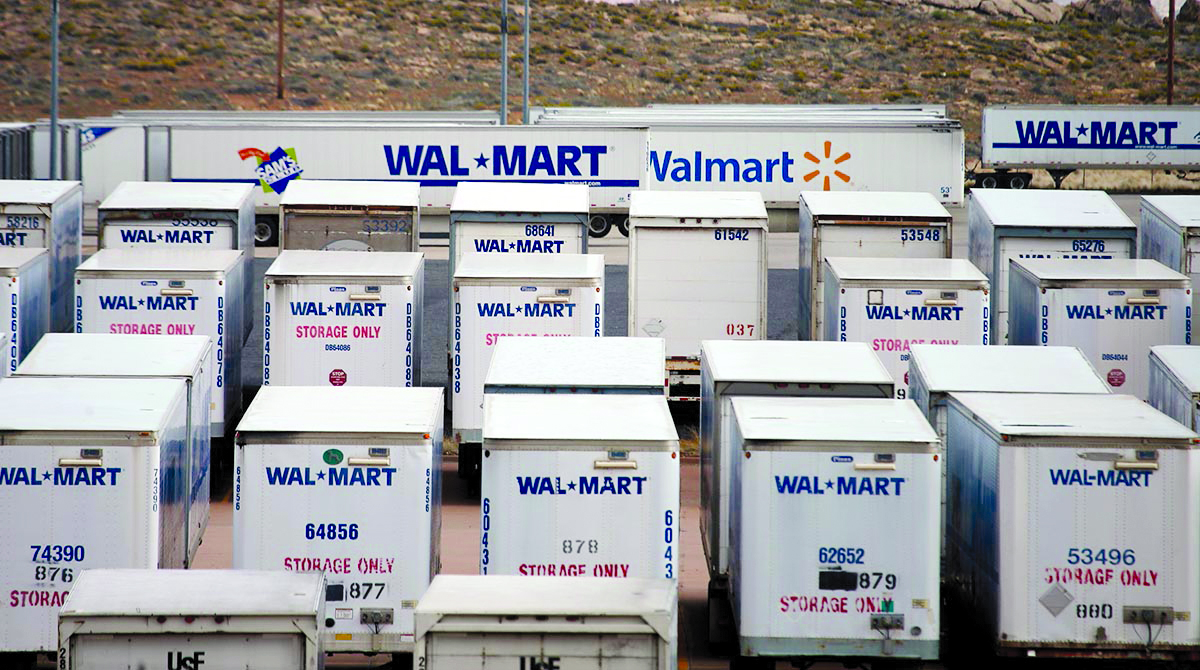Takeaway: Embracing Innovation

Some of the country’s largest corporations are using private fleets as a proving ground for technology that could radically change the trucking industry.
The latest, and perhaps most convincing, example is provided by Anheuser-Busch Cos., which last October partnered with Uber Technologies to carry a load of beer from Fort Collins, Colo., to Colorado Springs in what was heralded as the first shipment delivered by a self-driving truck.
“Trying new ideas is core to improving how we do things and how we operate,” said James Sembrot, senior director of logistics strategy for Anheuser-Busch InBev in St. Louis. “I start from a position that everything we do in logistics can be improved.”
Self-driving trucks, in particular, “could lead to significant, positive changes for our logistics operations in the years to come,” Sembrot said in an interview with Transport Topics for the 2017 edition of the Top 100 Private Carriers list.
Anheuser-Busch is not alone in pursuing new technology to improve the way it transports products.
In 2005, Wal-Mart Stores Inc. famously set a goal of doubling the fuel efficiency of its fleet and worked with truck and trailer manufacturers to design a concept vehicle powered by a hybrid electric motor and new lightweight materials.
PepsiCo’s Frito-Lay unit has invested in battery-powered delivery trucks and has converted many of its highway tractors to run on cleaner-burning natural gas.
JBS USA, one of the nation’s largest meat producers, has eliminated 880,000 empty miles from its freight network through better load planning.
Few companies have gone as far as Anheuser-Busch has, however, in using its fleet as a test bed for new ideas.
The company is working with Uber Freight and other companies to explore the potential of dynamic on-demand freight matching technology and is pursuing new applications for automation in its warehouses and breweries. The company also has converted a portion of the tractors in its fleet to run on compressed natural gas and has increased its use of rail service to minimize carbon emissions in its supply chain.


